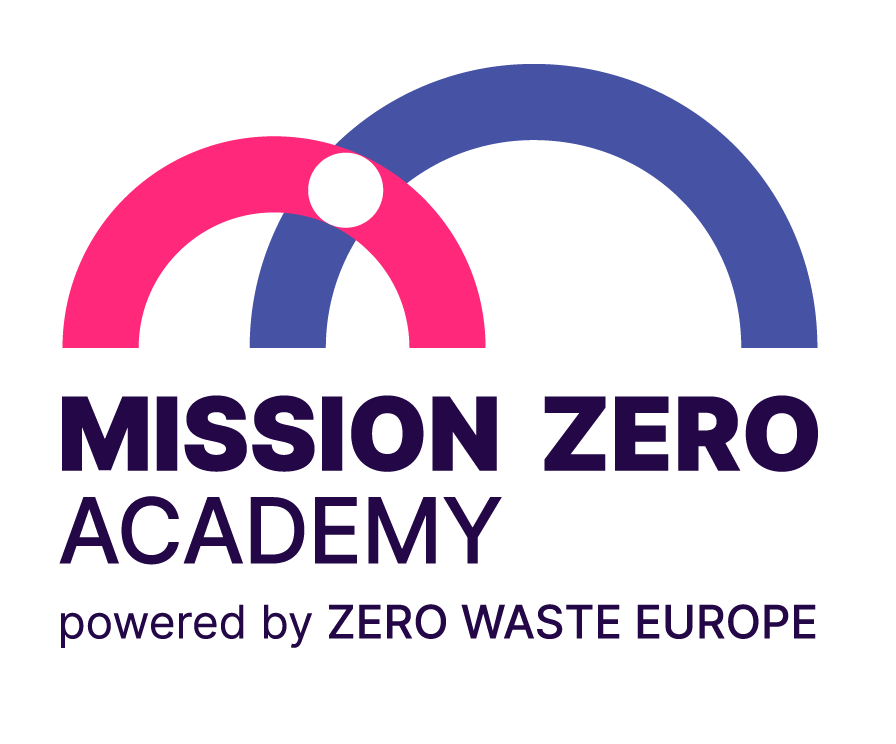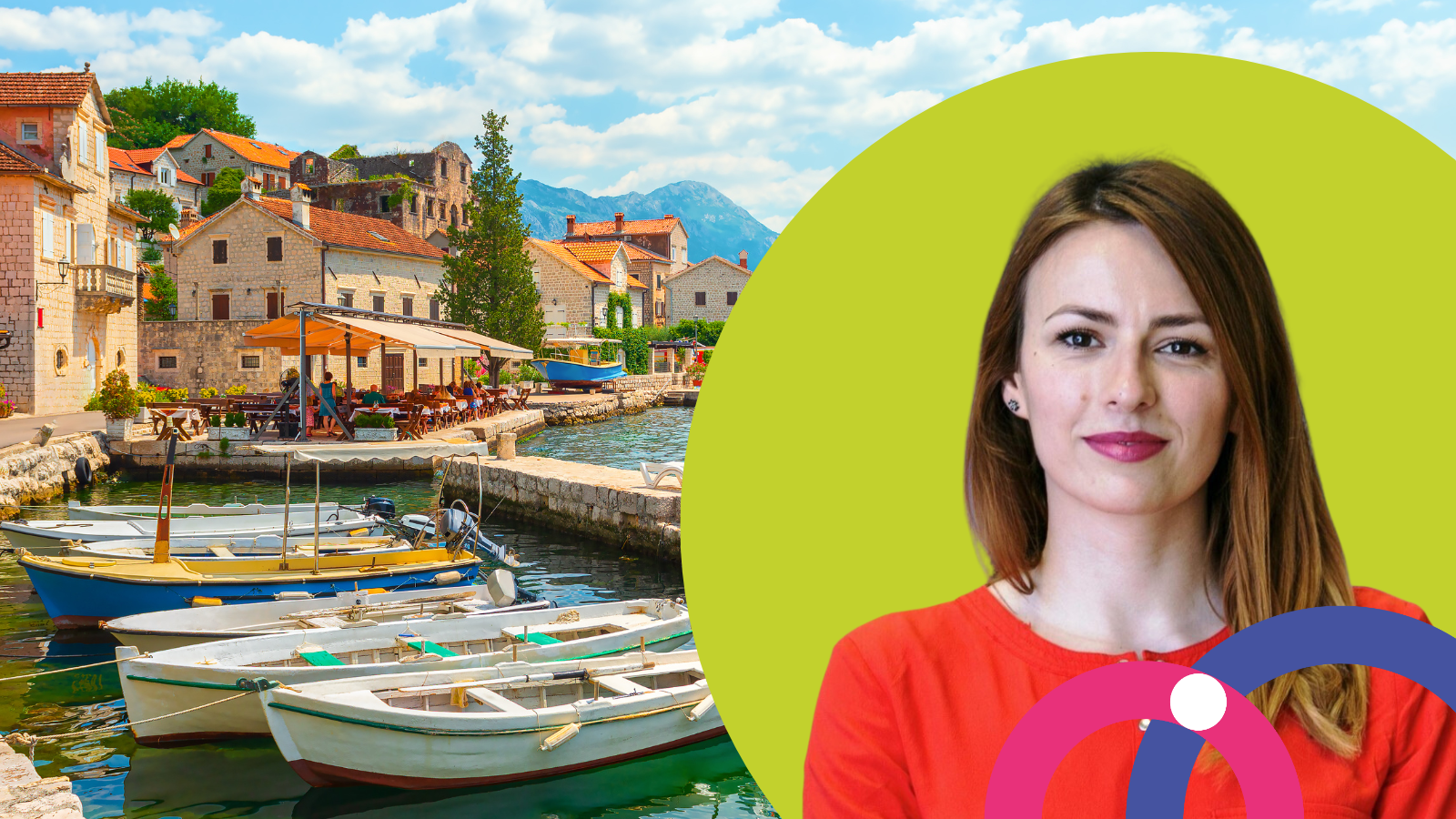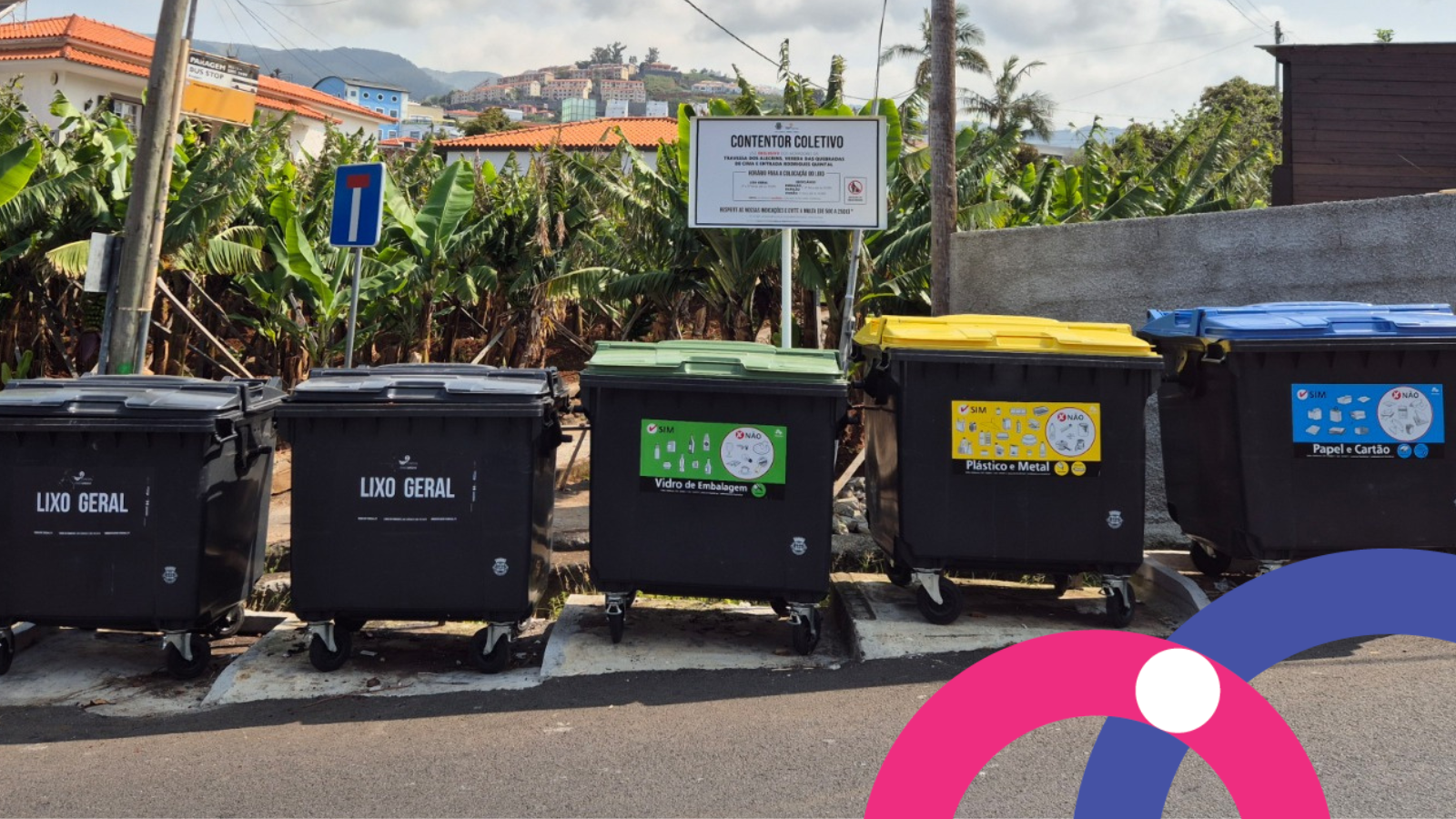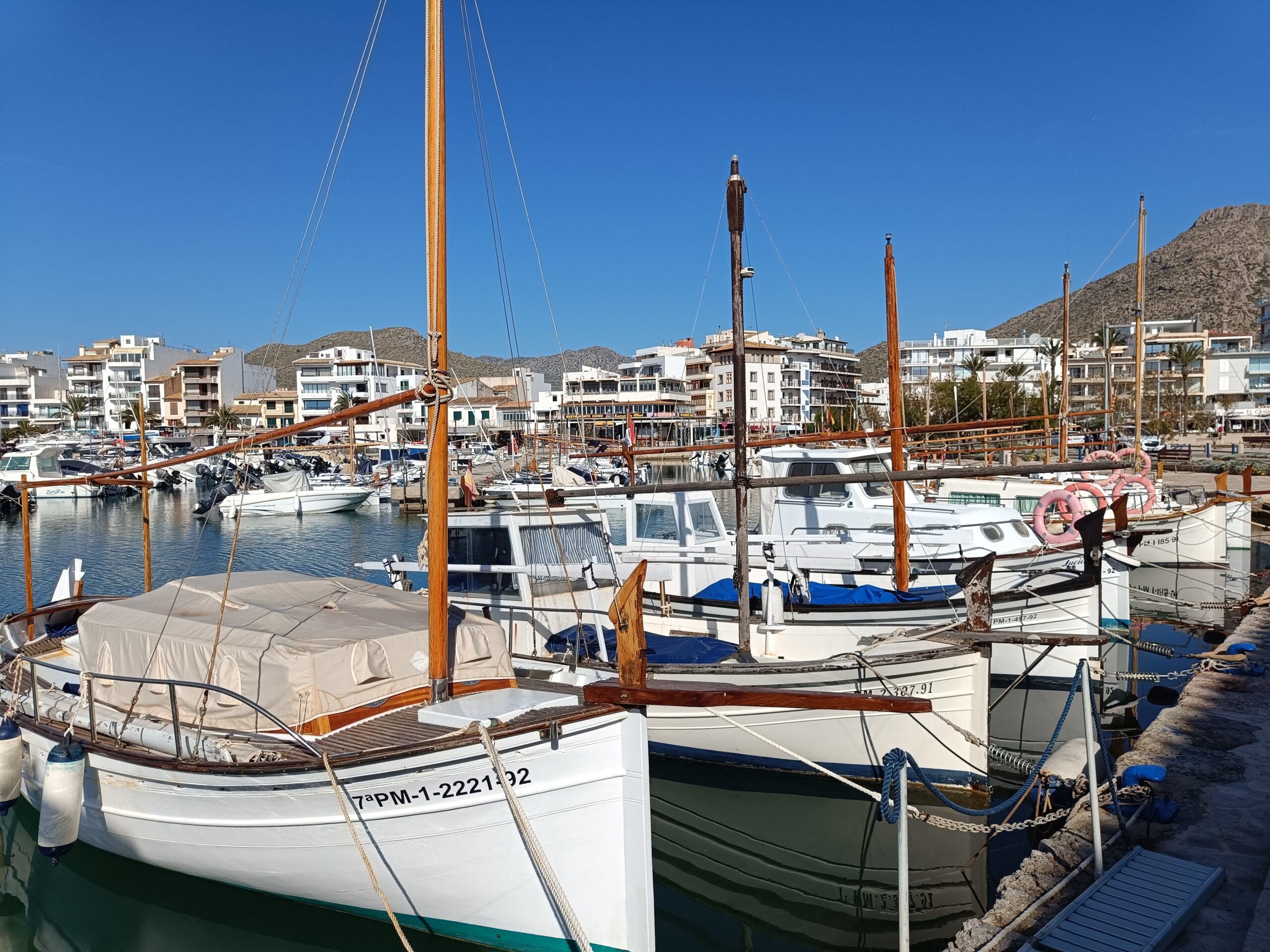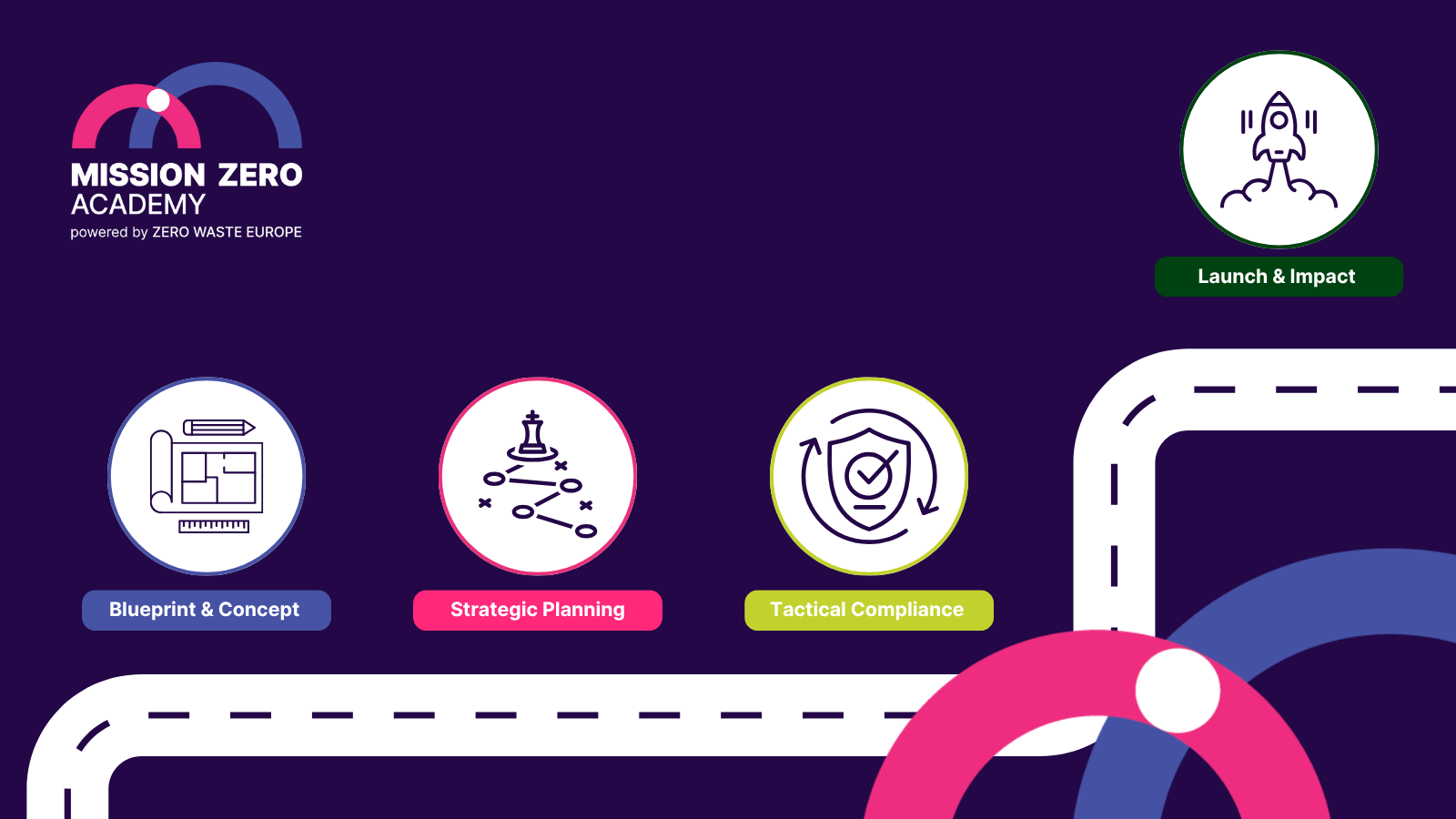Nestled on Montenegro’s stunning coastline, just 16 kilometres from Tivat, stands The Chedi Luštica Bay Hotel. A member of The Leading Hotels of The World, a paradise with 111 luxurious rooms, two stellar restaurants, bars, a private beach, and pools that feel like they touch the sky.
But there is more to this place than the view. The Hotel Chedi is on a mission to take their sustainability rating to the next level. Pursuing a Green Key certification, the hotel already had numerous commitments and initiatives in place to reduce their impact, including soap recycling, water bottle sterilisation, food waste donations and more. In the Montenegrin context, a particular challenge confronted the establishment: the lack of well-developed waste separation and collection systems. Dealing with waste in Montenegro can be like a puzzle, with some pieces still missing.
Right on time, MiZA launched their Zero Waste Business Certification. Hotel Chedi joined the journey and together, set higher goals for sustainability. Their Sustainability Manager, Milica evaluated a few certification options, and got in touch with Zero Waste Montenegro as it was particularly focused on waste management, as they wanted to go further with their waste reduction. Adding a few layers of complexity, operating as a distinguished 5-star Luxury Hotel particular hygiene standards (LQA Standards), the integration of foreign products and meeting customers’ high expectations had to be observed.
Join us in this series of interviews, as we dive into Hotel Chedi journey towards their certification, sitting down with both their Sustainability Manager and MiZA mentors as they navigate and drive change together to make Hotel Chedi the 1st Zero Waste Certified Business in Montenegro. In this first part of our series, we sit down with Marina Tomovic, Executive Director at Zero Waste Montenegro.
To start our interview, Marina, please tell us a bit about yourself and your background.
I’m Marina Tomovic, serving as the Executive Director and a proud member of the Steering Committee. My academic journey led me through the Faculty of Political Science in Podgorica, where I acquired my bachelor’s and a specialization in International Relations. Recently, I completed my master’s degree in Public Policy and Administration at the London School of Economics as I wanted to acquire advanced expertise in effectively advocating for and implementing sustainable policies. My professional path intertwined with the Delegation of EU to Montenegro and various impactful Montenegrin NGOs, where I focused on human rights, democracy, European integration, and youth affairs. What truly ignites my passion is the remarkable Montenegrin nature and my deep curiosity about how to develop a country and protect its environment simultaneously. These passions have seamlessly converged in my current position at ZWMNE, where I have the privilege of contributing to a cause I wholeheartedly believe in.
What are some unique strategies you employed to help the hotel gain a competitive advantage?
I mean they were the very first business to contact us for their Zero Waste Business Certification in Montenegro, I think that is their biggest competitive advantage. Barely any company here will go the extra mile to find out where to bring their waste if their local Public Utility company does not take them. Waste sorting standards in Montenegro are extremely low, for citizens and companies both.
I would say the plan we gave them for their certification journey is quite unusual, and certainly not in line with current Montenegro standards, coupled with their “thinking outside of the box” mindset, that gave them another advantage in driving change and improving their current waste management process.
As a mentor, how do you leverage your expertise to build a customised plan for the hotel?
At Zero Waste Montenegro, we worked with public institutions for single use plastic reduction initiatives, low plastic zones initiatives, coastal businesses, and more. With experience, we have seen a lot of things that do not work in the context of Montenegro, and we have built enough knowledge to develop creative solutions around those local barriers. Some of these solutions include bringing together local producers, business development governmental organisation and The Chedi hotel to address the challenging problem of glass in Montenegro. Working with MiZA Certifications, as mentors, we really see the certification process as a great opportunity to bring together all our know-how, experiences, together with the structure and standard procedures MiZA certification brings to the table. This coupled expertise not only sets the certification journey apart but allows us to achieve significant results faster. At the same time, we can raise awareness on waste management practices, making circular economy issues clearer, connecting with the community and businesses who might not know much about these topics yet.
In Montenegro, it is quite common when you engage with organisations or public utility companies to hear “no, that won’t work, this is Montenegro, that won’t work” as the first thing they say. You need to get creative when providing solutions (and seeking them), and the first step in this is to start the conversation.
What role does collaboration play in achieving the zero-waste business certification?
Collaboration is key and plays a central role. As we begin the project, I think it is important that both the hotel team and our team are on the same page, focusing on solutions and not necessarily on the issues. In Montenegro, if you focus too much on the issues, you will not be moving far with your transition project! Innovative solutions here serve as a key to effectively navigate the barriers often presented by bureaucracy.
Reaching out to external stakeholders as part of the project is also crucial. For some it can also be eye-opening. With Hotel Chedi, we realised some local producers would also benefit from the different initiatives developed with the Hotel. Glass sterilizing as something quite costly to them, and they realised there was an opportunity to partner with the nearby hotel, where both parties would benefit from one another. The Zero Waste Certification journey goes beyond the candidate organisation, it really involves the community at many levels.
How do you stay ahead of the latest industry trends and best practices to provide up-to-date guidance to businesses?
Well, in Montenegro the context is a bit peculiar. Most actors in the EU have a bit of a functioning waste management system. They do not usually address how we separately collect the waste. But here in Montenegro, we must start from the very basics. By including very basic elements like moving away from the one bin system, a couple of streams, etc. to more advanced practices, like glass bottles washing. So, I would say we are working with a combination of traditional and more advanced topics. We are always looking out for the newest best practices, while keeping in mind our local barriers but more importantly the potential opportunities we have here. Providing guidance to a business, we can then accurately provide them recommendations on what is and what is not deliverable here in Montenegro.
In what way do you think the certification is giving a positive image of the Hotel?
In the case of Hotel Chedi, they are doing a lot more than any other hotel and waste is not often an issue perceived in Montenegro. Having Chedi taking a stand is a very big step forward. Many foreign clients are more sensitive to sustainability ratings, and large booking platforms like Booking.com are making certifications more and more visible. In their Marketing and Sales strategy, a certification can make them more attractive and visible. At the beginning of our collaboration, we had to open their eyes on nuances on achievable solutions and greenwashing. Our role was also to educate them on greenwashing techniques some companies were promoting to them. They learned to make the difference between true sustainability and greenwashing.
As an advocate for sustainability, why do you think making a transition now is important and valuable for businesses?
I would like to highlight that for any business, who thinks ahead and about their long-term strategy, including in the Montenegrin context, they need to act ahead. Talking about CCR, ESG standards, starting with their implementation now will improve their organisation sooner than when it becomes mandatory. Acting now will establish them as leaders and set the example for other businesses. It will allow them to attract more customers by doing the right thing, right now. The front runners are always the ones who take the lead.
How do you emphasise the importance of professional guidance in pursuing sustainability certifications and achieving long-term success?
I cannot highlight enough how important it is to have a mentor, when setting up your zero waste goals. Especially in the Montenegrin context, where waste management is still largely underdeveloped and not functioning, external expertise is really crucial because then we avoid false solutions, greenwashing, and the silver bullets that do not work.
We focus on the solutions that work and can drive change. I would recommend MiZA’s involvement for businesses who have the financial capacity and can invest in long term, customizable solutions. They will obtain results faster. Working towards a certification that is accredited on the European level can open doors and make a difference, putting you at the same level as any other business operating in the EU.
To conclude today’s interview, what message would you like to share to businesses considering Zero-Waste Certification?
It is not as hard as it seems. Once you get started, you will realise how easy it is to find suitable solutions for your business to make waste management easier, more efficient, as well as cost effective. I would like to highlight the cost-efficiency aspect, knowing it is always a point of concern for any organisation, the reality is that with proper solutions in place and proper professional guidance, organisations are able to achieve operating cost reduction fairly quickly.
Read more about the incredible journey of the Hotel Chedi in our part 2 interview with Alexandra Aubertin, here
Ready to implement sustainable solutions and changes to your business?Learn more about the Mission Zero Academy’s Zero Waste Business Certification HERE.

